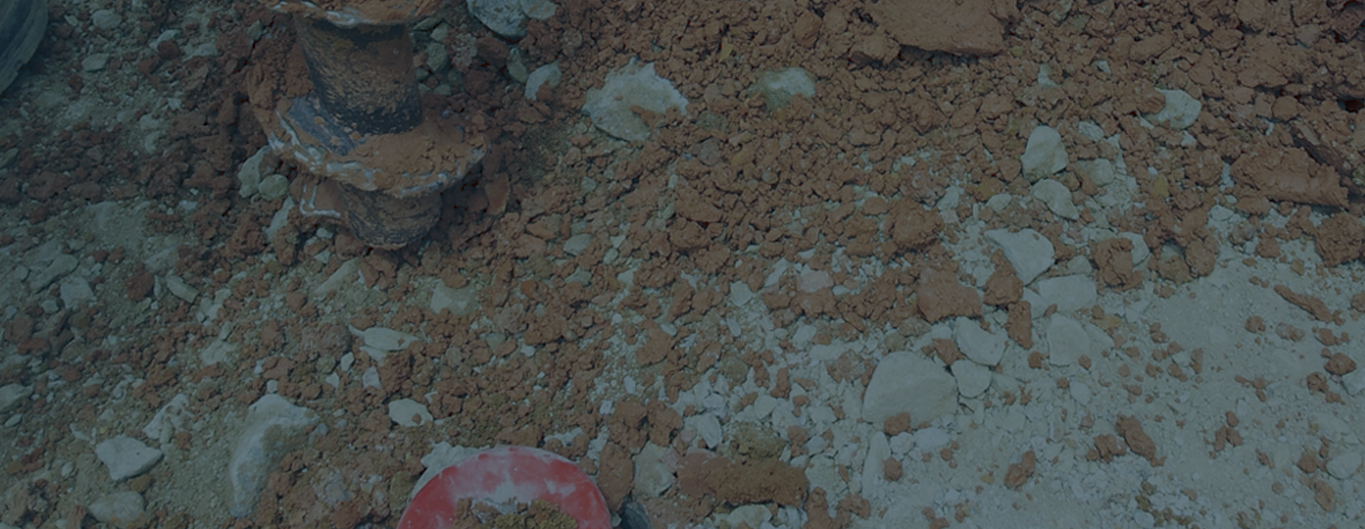Geotechnical risks, such as unforeseen ground conditions or unexpected soil behaviour, can have a massive impact on your construction projects. Ignoring or misjudging them can lead to major program delays and cost blow-outs.
These geotechnical risks can be mitigated, but only if they are correctly assessed and identified.
In this course, you’ll explore the nature of geotechnical risk, and find out how to assess and mitigate it on a project-specific basis. This will enable you to achieve better technical, commercial, and financial outcomes on your projects.
EA members get 15% off on selected workshops and training. Not a member? Sign up now
*1% credit card surcharge applies.
Any questions?
Contact us
16 September - 16 September
This course will run on the following dates:
10 April 2025, 12pm – 2pm AEST
16 September 2025, 12pm – 2pm AEST
RSVP
Registrations close three business days before the start of each session.
We can customise this course for groups of six or more.
You choose the time, place, duration and format.
Find out how we can help you and your team by clicking on the button below to request a quote or calling us directly on +61 3 9321 1700.
Learning outcomes
- Understand the key geotechnical risks, based on AS2159-2009 (Piling – Design & Installation.)
- Identify how to create a more holistic geotechnical risk assessment
- Assess whether investments in site investigation and laboratory testing will potentially help geotechnical risk assessment and mitigation
- Understand how contractual agreements may influence geotechnical risk on projects
Is this course for you?
This course is suitable as an introduction for participants with limited experience in geotechnical risk assessment and mitigation for civil, geotechnical and structural engineers. It can also be used as a refresher for experienced professionals. Roles include:
- Construction professionals (transport and railway engineering, residential and commercial buildings)
- Designers
- Academics
- Asset owners
- Architects
Fundamental understanding of civil engineering and construction principles as well as soil mechanics.
Topics we'll cover
- What is geotechnical risk
- What are the likelihood and the consequences of geotechnical risks for a specific project
- Why it seems challenging to assess and mitigate geotechnical risk
- What the risk interfaces are to other disciplines, such as structural engineering or construction
This course improved my understanding of geotechnical risks, using explanations with real world examples and graphics.
The facilitator provided valuable advice about 'average' and 'conservative' values.
This two-hour session will introduce the life cycle of a typical ground engineering project and the different risks during design, geotechnical investigation, construction, and verification.
In addition to the presentation slides, the facilitator will discuss case studies and other practical examples. There will be time to answer questions during the presentation and at the end of each session, there will be five to 10 minutes for discussions.
Delivery platform – Zoom
These sessions run through Zoom. On the day of the webinar you will receive the unique Zoom link at least one hour before the webinar is scheduled to begin.
We suggest that you download the Zoom Desktop Client to ensure you can fully participate in the webinar. If you view the webinar through the Zoom web browser or via a phone or tablet device you may not be able to participate in the interactive elements such as answering polling questions.
Please read through the following information on Zoom to ensure you are prepared for the webinar:
Dr Martin Larisch is a Fellow with Engineers Australia and a Principal Geotechnical Engineer with over 25 years of international experience in the piling and ground engineering sector. He has worked in various technical and operational leadership roles for some of the largest specialist piling and ground improvement contractors and design firms in Australia, New Zealand, and Germany.
Martin has significant experience in the design, construction and verification of piled foundations, retaining walls and ground improvement schemes for infrastructure, marine and building projects. He was also affiliated with The University of Queensland as an Adjunct Associate Professor in the Geotechnical Engineering Centre from 2014 to 2021
